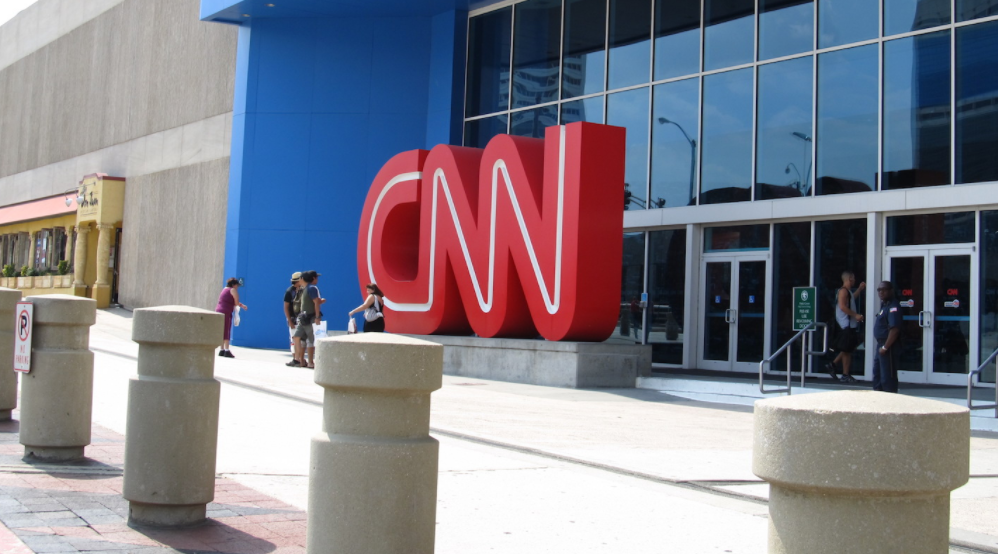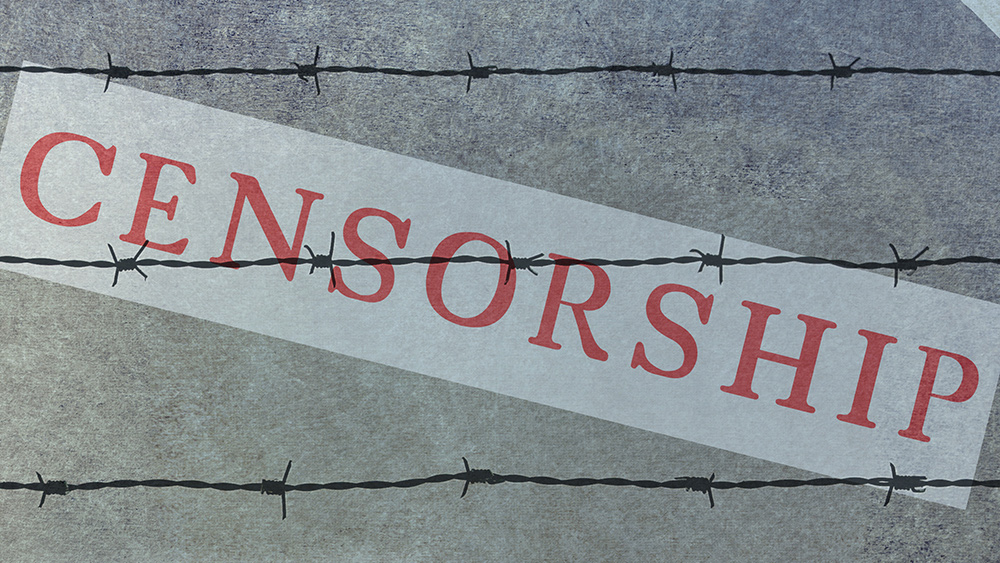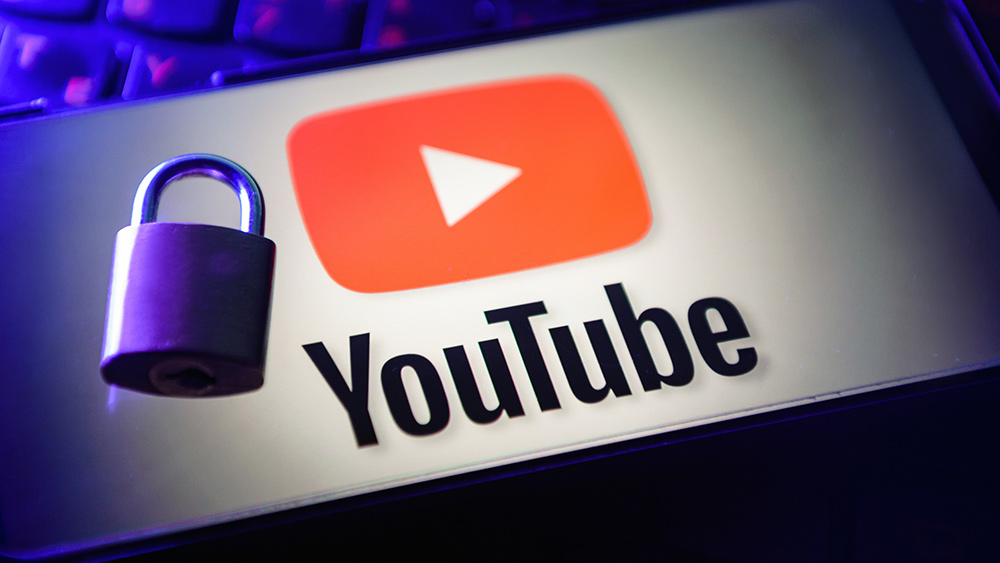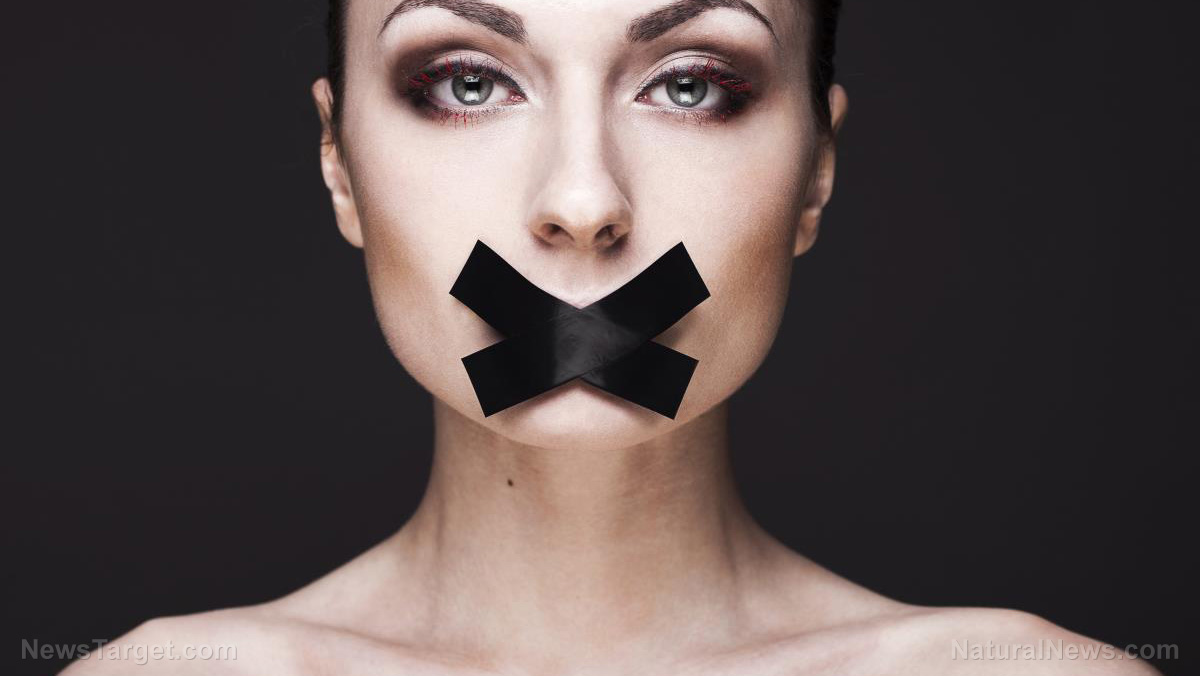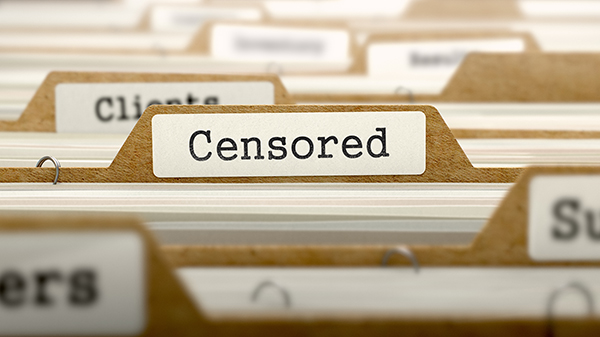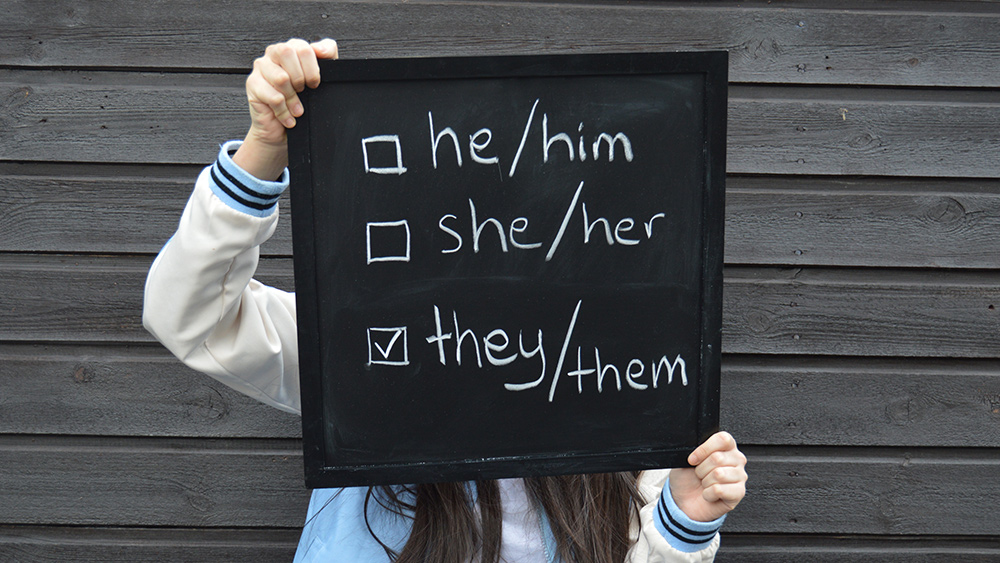Doug Mackey files an appeal in the election interference/Hillary Clinton “meme” case that sentenced him to seven months behind bars
01/17/2024 / By Belle Carter
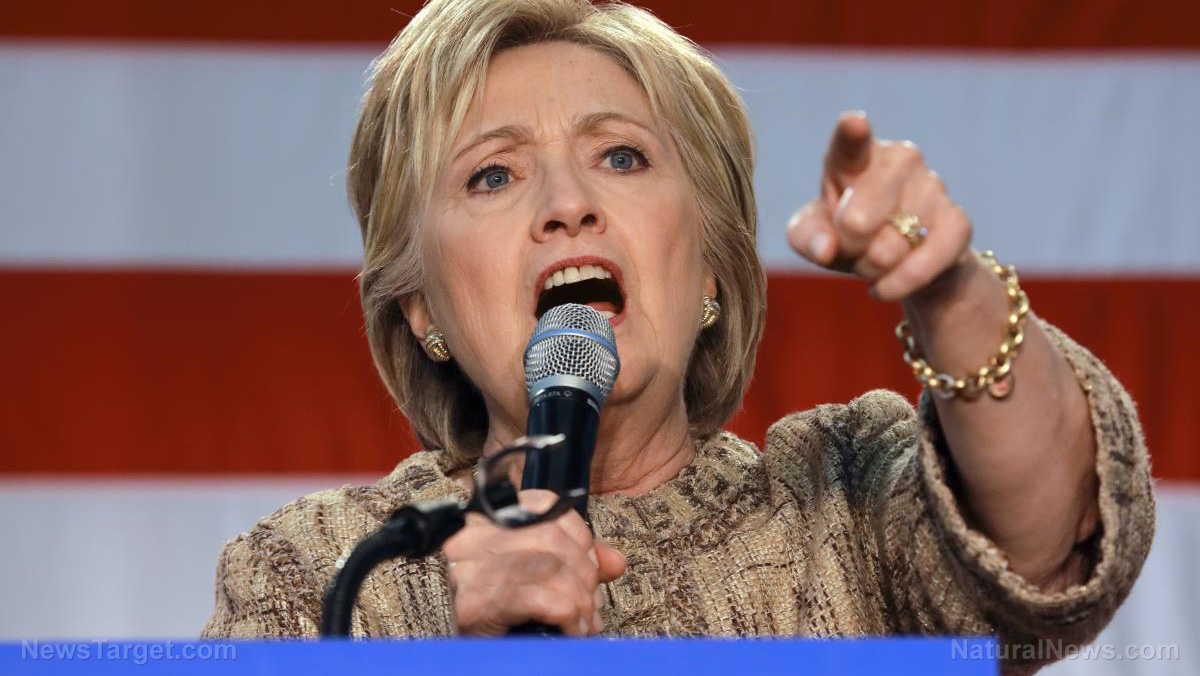
Douglass Mackey, who was convicted in a New York City courtroom of “election interference” for sharing a satirical anti-Hillary Clinton meme on Twitter nearly eight years ago, just launched his appeal to the Second Circuit Court of Appeals on Jan. 5.
Mackey was arrested by the Federal Bureau of Investigation (FBI) and other law enforcement agents at his home on Jan. 26, 2021, six days after President Joe Biden was inaugurated. He was nabbed on felony charges with a ten-year maximum sentence because he posted a meme under the pro-President Donald Trump account @RickyVaughn99 on X, then-called Twitter, which mocked Clinton supporters. The government claimed his posts joking about “texting to vote” constituted a conspiracy on “social media to spread disinformation relevant to the impending 2016 Presidential Election.” The government was specifically concerned that “disinformation spread by these individuals often took the form of ‘memes.'”
?He was prosecuted in the Eastern District of New York (EDNY) before two liberal judges and was convicted despite being a Florida resident. He was sentenced to seven months in federal prison on October 18 and ordered to report to federal prison on January 8, 2024, under 18 USC 241, also known as the Ku Klux Klan (KKK) Act, which was passed to stop violent deprivations of civil rights in the aftermath of the Civil War. (Related: Social media influencer Douglass Mackey gets 7 months in prison for making Hillary Clinton memes during 2016 presidential election.)
Ep. 38 The First Amendment is done. Douglass Mackey is about to go to prison for mocking Hillary Clinton on the internet. We talked to him right before his sentencing. Remember as you watch that this could be you.
TIMESTAMPS:
(3:12) The Hillary Clinton meme
(4:20) Hillary’s… pic.twitter.com/MLwz2SboGr— Tucker Carlson (@TuckerCarlson) November 9, 2023
In his Substack newsletter, Douglass shared some crucial highlights from the legal brief. According to his appeal, the government is trying to put him in prison for tweeting two deceptive memes about how to vote, on the theory that any false speech that “hampers” voting violates the Enforcement Act of 1870. His counsel argued that this is unprecedented and lawless. “The Government presses a reading of Section 241 that would necessarily criminalize not only lies about how to vote but also lies about also whether and for whom to vote. Such a sprawling political speech code is in the teeth of every applicable canon for reading criminal laws, and grossly offends the First Amendment,” the brief also included.
Also, it insisted that the government premised venue exclusively on the fact that internet data associated with Mackey’s tweets briefly crossed EDNY waters or airspace on its way to the broader internet. “But this theory would allow for trial in any district that has internet. And a venue theory that is indifferent between Brooklyn, NY and Brooklyn, WI makes a hash of this core constitutional protection. Unsurprisingly, the court has never upheld criminal venue on such a threadbare basis,” it further argued.
Moreover, the record failed to reveal any proof that Mackey coordinated his memes with others, or entered any agreement to violate federal law. At most, the government adduced evidence suggesting that other Twitter trolls proximate to Mackey may have colluded with one another. Guilt by association may prove effective at trial but is paradigmatically insufficient as a matter of law. “Mackey cannot be guilty of conspiracy unless he agrees to participate in unlawful conduct. Yet even the government did not take the position that any of Mackey’s other Twitter trolling was criminal; nor did the district court suggest otherwise,” it also pointed out.
Another point raised was that a progressive activist’s Twitter posts did the same thing, except she told Trump supporters to vote by text. But unlike Mackey, she was not prosecuted. “That at least suggests political bias, which reinforces why restricting speech in this context is especially fraught,” the appeal emphasized.
Elsewhere in the document, it said that prosecuting Mackey in EDNY on these facts “prejudiced” him and “undermined the fairness of his trial.” Given the meager nexus between this case and EDNY, the selection of the forum (headquarters of the Clinton campaign) at minimum risked the “appearance” of manipulation.
Appeal coincides with anti-American movement to kick Trump from ballots
Mackey’s long-awaited appeal came on the heels of the decision to kick Trump off the ballot. He pointed out that voters in the Blue States, where Democrats are conspiring to interfere in the 2024 election and suppress voters, can and should file suit against the Department of Justice for infringing on their right to vote for the candidate of their choice.
“GOP voters in Maine and Colorado can file civilly under 18 USC 242, which contains a private right of action, under the DOJ theory that their right to vote for their candidate of choice is being impeded,” he tweeted, citing his appeal: “The right to vote includes the right to vote for one’s chosen candidate; that is why it violates § 241 for officials to change votes after they are cast, United States v. Thompson, No. 6:09–16, 2013 WL 5528827, at *1 (E.D. Ky. Oct. 4, 2013).”
Since the decision to kick Trump off the ballot involves state action, GOP voters in Maine and Colorado can file civilly under 18 USC 242, which contains a private right of action, under the DOJ theory that their right to vote for their candidate of choice is being impeded.
— Douglass Mackey (@DougMackeyCase) January 6, 2024
A fundraiser titled “Meme Defense Fund” for contributions that are tax deductible has been set up by the 501(c)3 non-profit foundation American Cause, independent from Mackey’s legal defense team.
Head over to FirstAmendment.news to read more news on the suppression of free speech in the United States.
Sources for this article include:
Submit a correction >>
Tagged Under:
biased, big government, Douglass Mackey, election interference, elections, Enforcement Act of 1870, First Amendment, free speech, Hillary Clinton, insanity, Liberty, lies, meme, outrage, political misinformation, politics, propaganda, satire, Social media, speech police, thought crimes, thought police, Tyranny
This article may contain statements that reflect the opinion of the author
RECENT NEWS & ARTICLES
COPYRIGHT © 2018 SPEECHPOLICE.NEWS
All content posted on this site is protected under Free Speech. SpeechPolice.news is not responsible for content written by contributing authors. The information on this site is provided for educational and entertainment purposes only. It is not intended as a substitute for professional advice of any kind. SpeechPolice.news assumes no responsibility for the use or misuse of this material. All trademarks, registered trademarks and service marks mentioned on this site are the property of their respective owners.


